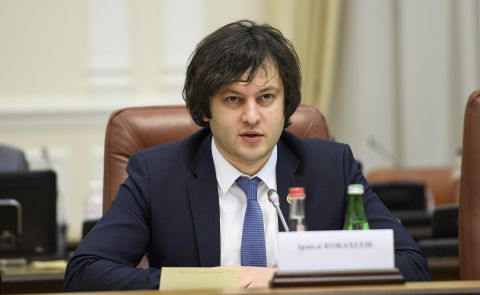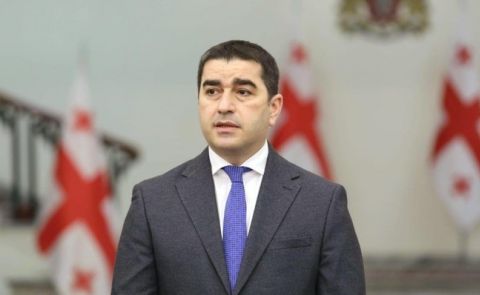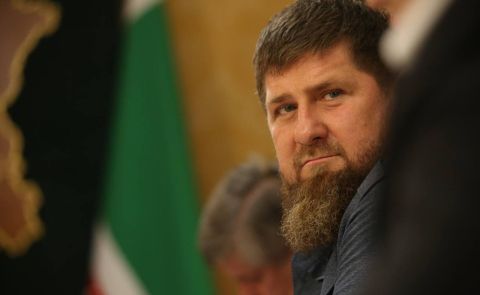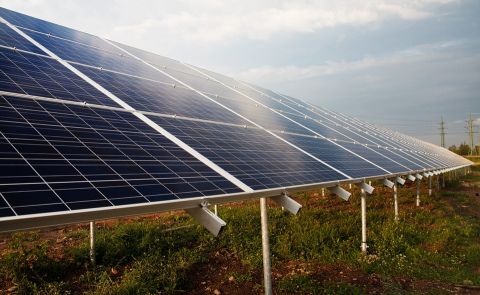
US State Department on the investment climate in Georgia

On 9 September, the US Department of State published its Investment Climate report for 2020, providing country-specific information on the business climates of more than 170 countries and economies. In its report on Georgia, it was noted that the country has established a well-functioning and stable market economy, but that the Covid-19 crisis might take its toll on the economy. Issues surrounding the functioning of the country’s judicial system, especially at the municipal level, were also emphasized.
The report emphasized that Georgia, located at the crossroads of Western Asia and Eastern Europe, is a small but open market that derives benefits from international trade, tourism and transportation. Transit and logistics are a priority sector as Georgia seeks to benefit from increased East/West trade through the country. The Baku-Tbilisi-Kars railroad has boosted Georgia’s transit prospects, as well as the deep sea port in Poti. However, the issues surrounding the Anaklia Deep Sea Port project were also highlighted.
Fiscal and monetary policy are focused on low deficits, low inflation and a floating real exchange rate, although the latter has been affected by regional developments, including sanctions on Russia, and other external factors, such as a stronger dollar. Public debt and budget deficits remain under control. Nevertheless, the report outlined global challenges posed by Covid-19 and that measures needed to mitigate the spread of the virus have placed significant pressure on the domestic currency and the local economy.
The report further elaborated that Georgia does not have an established interagency process to screen foreign investment, but relevant ministries or agencies may have the right to review investments for national security concerns in certain circumstances, as outlined below. Foreign investors have participated in most major privatisations of state-owned property. Transparency of privatisation has been an issue at times. No law or regulation authorises private firms to adopt articles of incorporation or association that limit or prohibit foreign investment, participation or control. Cross-shareholder or stable-shareholder arrangements are not used by private firms in Georgia. Georgian legislation does not protect private firms from takeovers. There are no regulations authorising private firms to restrict foreign partners’ investment activity or limit foreign partners’ ability to gain control over domestic enterprises.
In terms of corruption, the report stated that Georgia has been successful in fighting visible, low-level corruption, it still remains vulnerable to what Transparency International calls “elite” corruption: high-level officials exploiting legal loopholes for personal enrichment, status or retribution. The report added that although the evidence is mostly anecdotal in terms of “elite corruption” in Georgia, the mere perception of its existence has the potential to erode public and investor confidence in Georgia’s institutions and the investment environment.
Overall, business and investment conditions are sound. However, some companies have expressed an increasing lack of confidence in the judicial sector’s ability to adjudicate commercial cases independently or in a timely, competent manner, with some business dispute cases languishing in the court system for years. Other companies complain of inefficient decision-making processes at the municipal level, shortcomings in the enforcement of intellectual property rights, lack of effective anti-trust policies, selective enforcement of economic laws and difficulties resolving disputes over property rights. The Georgian government continues to work to address these issues and, despite these remaining challenges, Georgia ranks high in the region as a good place to do business.
See Also


Kobakhidze Meets US Senator Daines to Discuss Bilateral Relations

Georgian Speaker Condemns Embassy Travel Warnings as Economic Attack

Political Crisis Deepens Between Armenian Government and Apostolic Church After Pashinyan’s Remarks

Ramzan Kadyrov Awards Title to Ingush Businessman

